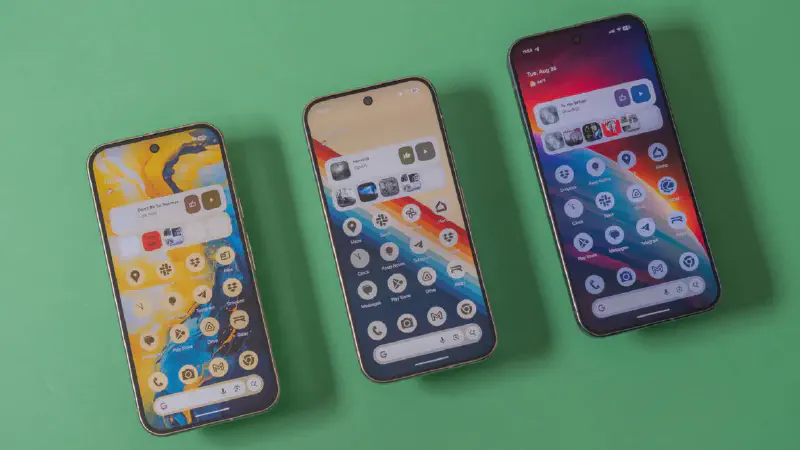
EU Regulation Drives Cross-Platform Compatibility: Android Gains AirDrop-like Capabilities#
The digital landscape is on the cusp of a significant transformation, driven by regulatory pressures from the European Union, specifically impacting how devices from competing ecosystems communicate. A pivotal EU mandate has compelled Apple to integrate new, standardized Wi-Fi protocols, a move that is poised to fundamentally alter cross-platform connectivity and empower Android devices with AirDrop-like capabilities.
- The European Union’s regulatory push has successfully mandated Apple’s adoption of open, standardized Wi-Fi protocols across its device lineup.
- This compulsory integration directly facilitates Android smartphones and other non-Apple devices in accessing and utilizing technology analogous to Apple’s proprietary AirDrop for peer-to-peer sharing.
- Consequently, users operating both iOS and Android platforms can now anticipate a more fluid and direct method for transferring files and content between their diverse devices.
- The development marks a substantial departure from Apple’s historically insular ecosystem, actively promoting greater interoperability between previously siloed technology platforms.
- This landmark change is a direct outcome of the EU’s sustained efforts to dismantle proprietary barriers and foster a more equitable and competitive environment within the global tech industry. For years, Apple’s AirDrop has stood as a hallmark of seamless in-ecosystem convenience, simultaneously underscoring the “walled garden” strategy that restricted cross-platform functionality. This EU mandate signifies a watershed moment, reflecting a burgeoning global trend where regulatory bodies increasingly intervene to democratize technology access and ensure a level playing field. Beyond the immediate benefit of improved file transfers, this initiative establishes a precedent for future interoperability, potentially paving the way for other proprietary features to become more universally accessible. This shift addresses a longstanding frustration among millions of users grappling with compatibility issues between their devices and those of friends or colleagues on different operating systems, compelling tech giants to innovate within open standards rather than relying solely on proprietary lock-in. Looking ahead, this crucial development hints at a future where device ecosystems, though still fiercely competitive, might become inherently more connected and less exclusionary. We could foresee a ripple effect across the tech industry, encouraging other companies to embrace or develop their own open standards for functionalities currently confined to specific brands or operating systems. Consumers stand to gain immensely from this push for interoperability, enjoying greater freedom in their device choices without sacrificing essential functionalities. However, this also presents a fresh challenge for tech companies: how to maintain a distinctive user experience and compelling value proposition when core functionalities are standardized across the board, potentially shifting the focus towards advanced services, innovative design, and superior hardware performance.
